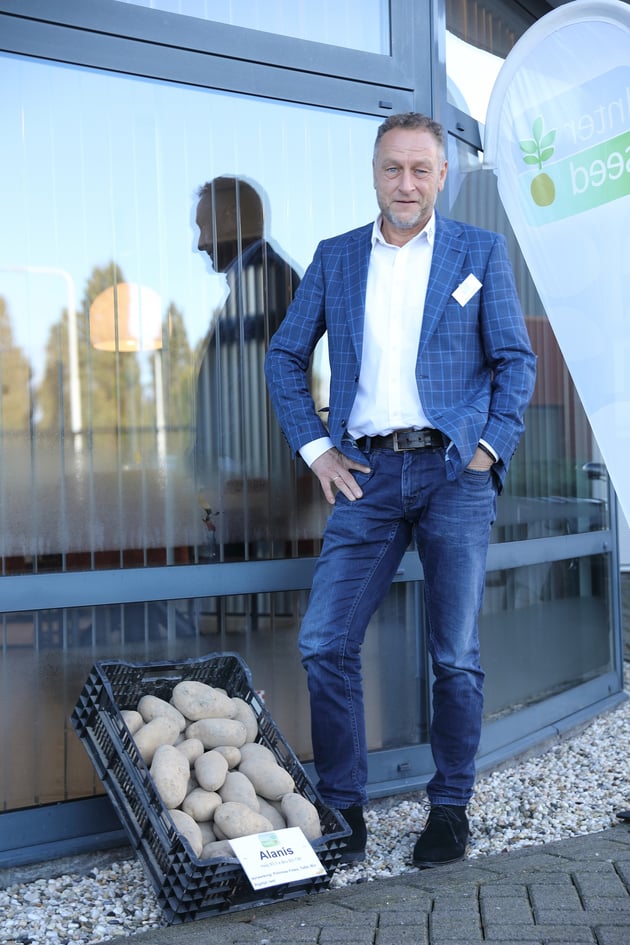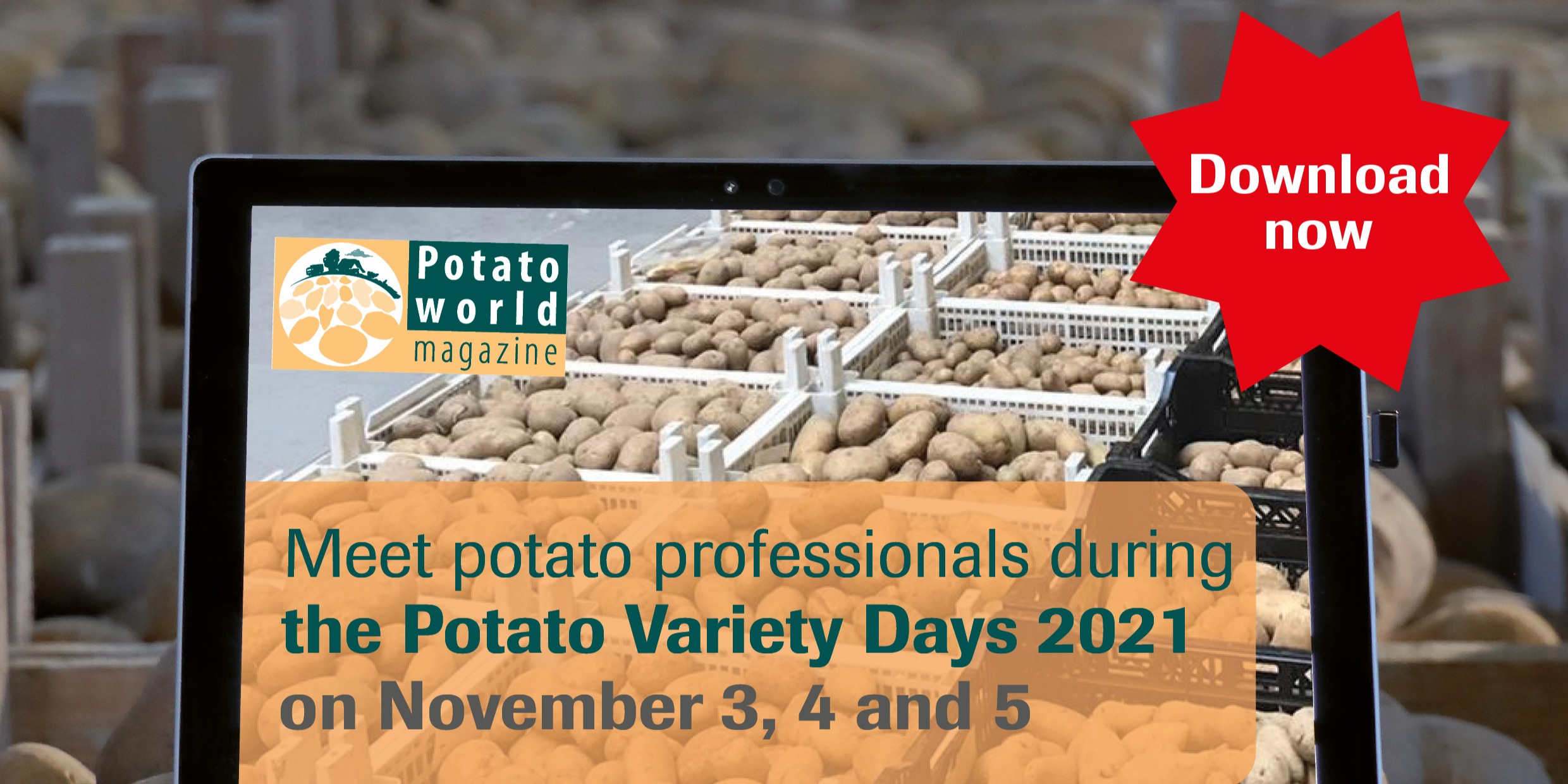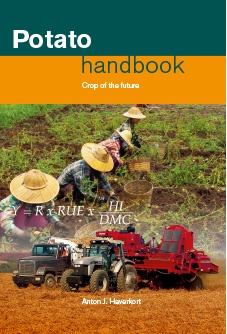The content of this blog originates from the article on the Potato Variety Days 2021 published in PotatoWorld magazine 2022/01.
By Zindziwe Janse, Jaap Delleman and Leo Hanse.
During the Potato Variety Days 2021, we asked participating breeding companies about the key focus of their breeders in their search for new varieties. In this blog post you may read the answer given by Henk Feddes, Director of Interseed Holland, Dronten (NL):
‘I see the fact that we limit ourselves to one segment as our great strength.’

‘Looking for topics for breeding activities isn’t very difficult at Interseed. That's because we’ve carefully defined our task’, says Henk Feddes. ‘We develop varieties exclusively for the processing industry.
‘The majority of our products are French fries and a smaller part crisps, and until recently these were mainly grown and sold within Europe. If you, as a breeder, also develop table potatoes, then it’s already a lot more complicated, are you growing for domestic or for foreign consumption, export near or far away? Then you already have a lot of issues to focus on in your breeding work. I see the fact that we limit ourselves to one segment also as our great strength. This way, we’re quickly building up a lot of knowledge and experience in order to create the most ideal varieties. True, there’s also a risk to that, when things go wrong in this one segment, you don’t have an immediate alternative. In a situation like the one we’re now experiencing with corona, this can be a pain. Then it’s especially important that you can supply reliable varieties that are already popular. This not only helps to prevent sales in your existing working area from falling back, but also ensures that you build up business more quickly in as yet unexplored areas, which for us is outside Europe. And that’s what has been happening recently. You won’t be surprised that top issues in our breeding work are processing quality and yield. The immediate next point of focus is virus resistance. This is nothing new for Interseed. Our breeding company was already focusing on this years ago, so even before the time it actually became the problem it is today. Was that foresight, luck? The fact is it’s currently a strong request from the customer and we can therefore more than respond to it. In fact, when it comes to the range of available varieties, we mainly have a luxury problem. They meet the desired processing quality for many industries and the cultivation-technical preferences for the ware and seed potato growers. So the demand for seed potatoes exceeds the supply. We now have 250 hectares of seed multiplication of our varieties in the Netherlands, but we could use many more hectares. So if you ask about focus, that’s what we’re also focusing on. We’ll simply have to attract more seed producers in the coming years. The Zorba variety is already a success story for many, and now with the Alanis, we have another fantastic variety that the industry would also like to start processing. And it’s a variety that will appeal to both the seed potato and ware potato grower. For example, the Alanis requires relatively little fertilisation, is strong on Phytophthora and gives a very good yield. For sales to the processing industry, you can count on a good underwater weight and an excellent frying quality. What particularly appeals to the processors is the high yield of French fries they can get from this variety. That’s why the Alanis is of interest not only to manufacturers in Europe, but also beyond. And that brings us back to the beginning of our conversation, with this variety we can go any way we want, for example when things aren’t going so well close by.’
Want to keep reading about the Potato Variety Days?
In the run-up to the event we published an e-book that you can download here!


